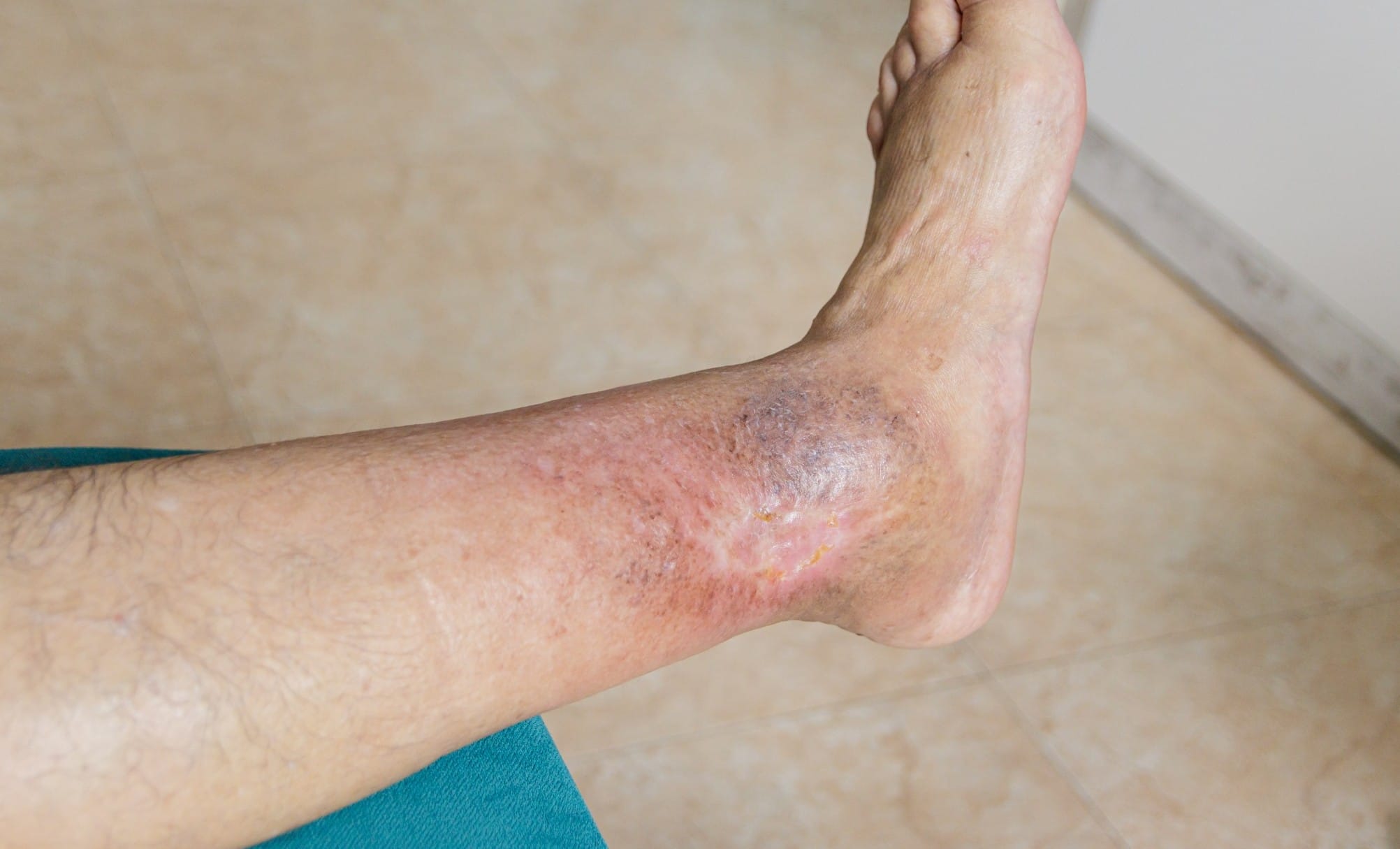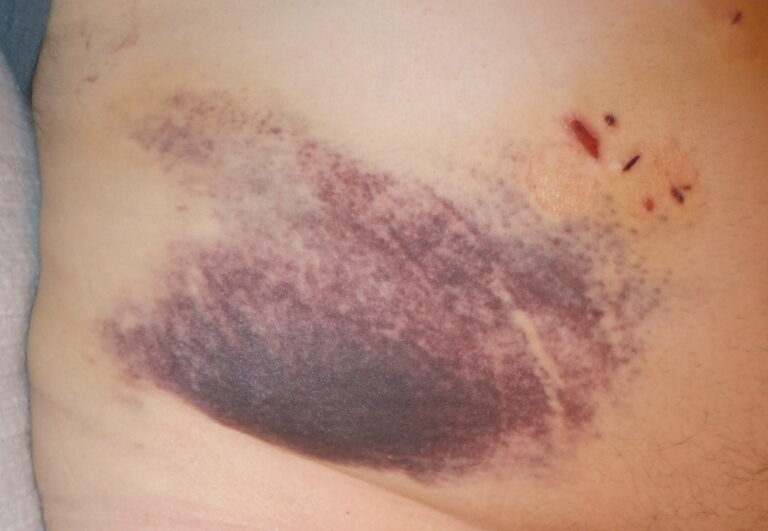Wound Care Strategies for Faster Healing and Less Scarring

Wound care plays a crucial role in helping patients recover and reducing the risk of complications. Different injuries, such as chronic ulcers, surgical cuts, or sudden trauma, need specific treatment strategies. By learning about various approaches, patients and caregivers can better support the healing process and prevent scarring. Here are some specialized methods for managing chronic wounds, advanced treatments, and care for acute injuries:
Management of Chronic Wounds
Chronic wounds occur when injuries do not heal as quickly as they should through the normal healing process. Chronic wounds seen in podiatry include diabetic ulcers, venous leg ulcers, and pressure sores. Diabetic ulcers typically affect the feet and are caused by poor circulation, nerve damage, and sustained pressure. Regular cleaning of the wound and applying appropriate dressings are helpful.
Venous leg ulcers result from poor blood flow in the lower legs. Compression therapy, which involves the use of stockings or bandages, helps improve circulation. Treatment may also include debridement to remove dead tissue and the use of dressings that keep the wound moist to promote healing.
Pressure sores, also known as bedsores, develop in areas where the skin is subjected to prolonged pressure. Preventative measures, such as repositioning the patient and using pressure-relieving cushions or specialized mattresses, can reduce the risk. If pressure sores do occur, proper cleaning, careful dressing, and effective infection management are helpful.
Skin Grafting & Advanced Therapies
When traditional methods are insufficient, advanced wound management techniques provide alternatives for difficult-to-heal injuries. Skin grafting is one such method. This involves taking healthy skin from one part of the body and transplanting it over the wound to promote closure and protection. Podiatric patients with larger wounds, such as from burns or traumatic injuries, may find this approach beneficial.
Biologic treatments are also advancing wound care. This includes bioengineered skin substitutes that help stimulate cellular activity. These therapies can be customized for wounds that resist other forms of treatment, offering new avenues for recovery and protection.
Trauma & Acute Wounds
Trauma and acute injuries, such as cuts, surgical incisions, and abrasions, need prompt and specialized care. The first step is to carefully clean the wound to remove debris and bacteria, typically using sterile saline or mild cleaners to minimize tissue irritation. After cleaning, cover the wound with an appropriate dressing. For minor injuries, sterile adhesive bandages or gauze are typically sufficient. More serious or complex wounds may require advanced dressings or stitches. Choose the dressing based on the wound’s size and type to help protect it.
Watch for signs such as redness, swelling, or discharge, which may indicate an infection and require medical attention. For deep wounds or those in areas that move frequently, immobilizing and protecting the wound may help prevent further damage. Severe injuries, like compound fractures or second-degree burns, need more complex treatment. This may include antibiotics, pain relief, or surgical procedures to repair tissues and avoid long-term problems.
Get Comprehensive Wound Care
Understanding the appropriate strategies for wound care can make a significant difference in maintaining health and reducing complications. If you are managing a challenging wound or have concerns about proper care methods, it may be time to see a podiatrist or wound care specialist. They possess the expertise to evaluate unique situations and recommend evidence-based treatments tailored to your specific needs. Schedule an appointment with your podiatrist to assess your wound care options today.
- What to Expect When Visiting a Foot and Ankle Specialist
- Causes of PTSD
- The Link Between Plantar Fasciitis and Weight Gain: What You Need to Know
- How Pet Ownership Can Positively Impact Life with Fibromyalgia
- The Importance of Stretching and Flexibility in Sports Medicine
Dr. Emma Green is a health and wellness expert with over 10 years of experience in nutrition and fitness. Passionate about helping others live their healthiest lives, Dr. Green shares practical advice on wellness, nutrition, and sustainable living through LivingSpristine.






